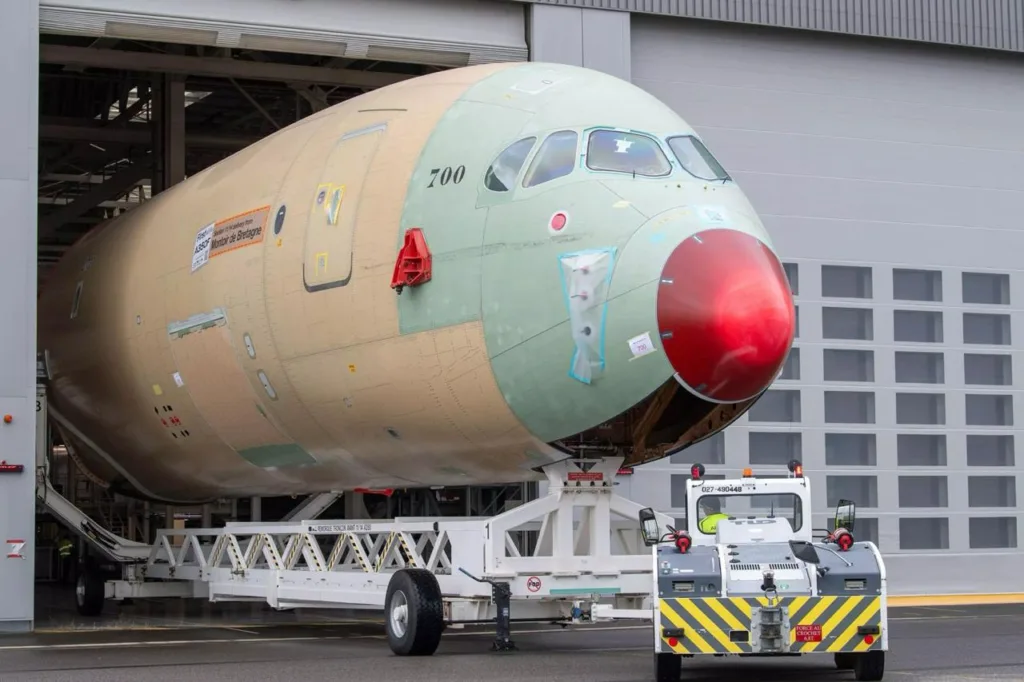Airbus has begun the final assembly of its first A350 freighter, MSN700, in Toulouse. The Airbus A350 Freighter Assembly is a milestone in the cargo plane program, challenging Boeing’s dominance in the freighter market.
The European manufacturer recently received the first fuselage sections of its inaugural A350 freighter at the final assembly line in Toulouse. This delivery represents a significant milestone for the A350 freighter program, which is designed to meet growing global demand for efficient and sustainable cargo aircraft.
The fuselage sections, including the central sections (15–21) and the forward sections (11–14), were produced at Airbus Atlantic’s Montoir-de-Bretagne facility (formerly Saint-Nazaire). These key assemblies are now being integrated in Toulouse, setting the stage for the aircraft’s overall structural completion in the coming months.
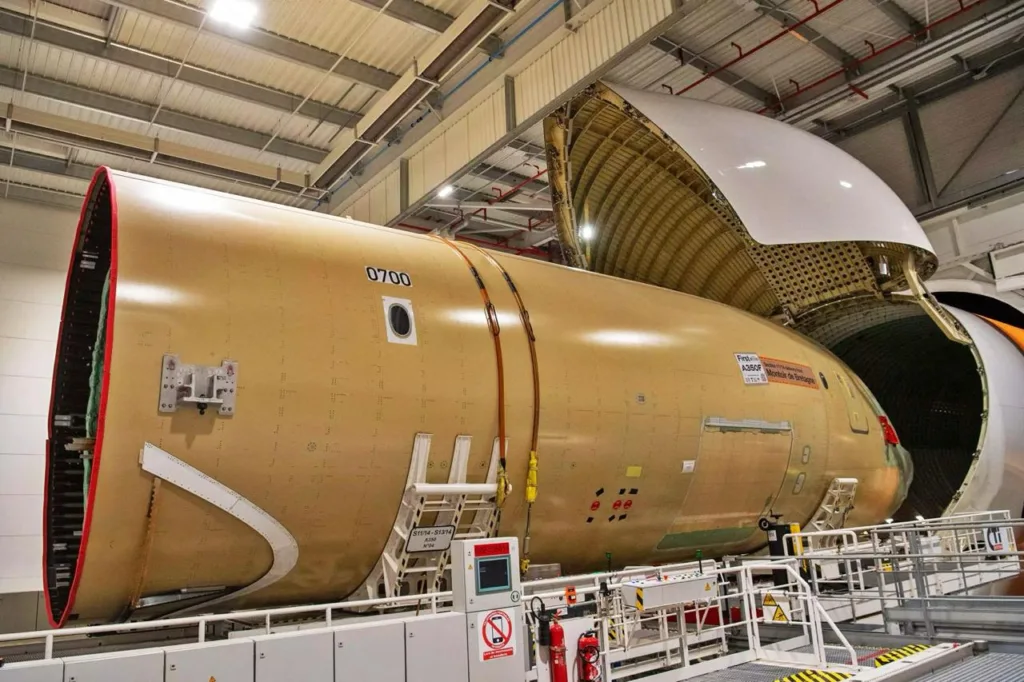
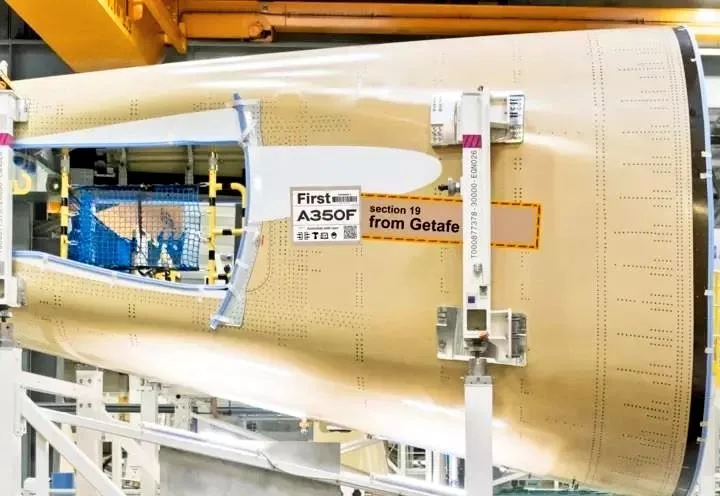
Airbus Atlantic’s Role in the Assembly
Airbus Atlantic, Airbus’s dedicated aerostructures subsidiary, is responsible for producing and equipping the forward and central fuselage sections. The Montoir-de-Bretagnesite has been producing A350 fuselage components for a long time. This delivery also demonstrates the industrial know-how and collaboration within Airbus’s European manufacturing network.
Moreover, the division called the delivery a “major milestone,” citing the strength of Airbus’s supply chain and its ability for ramping up production of the freighter variant. Besides, Airbus’s UK plant at Broughton recently delivered the first set of wings for the freighter.
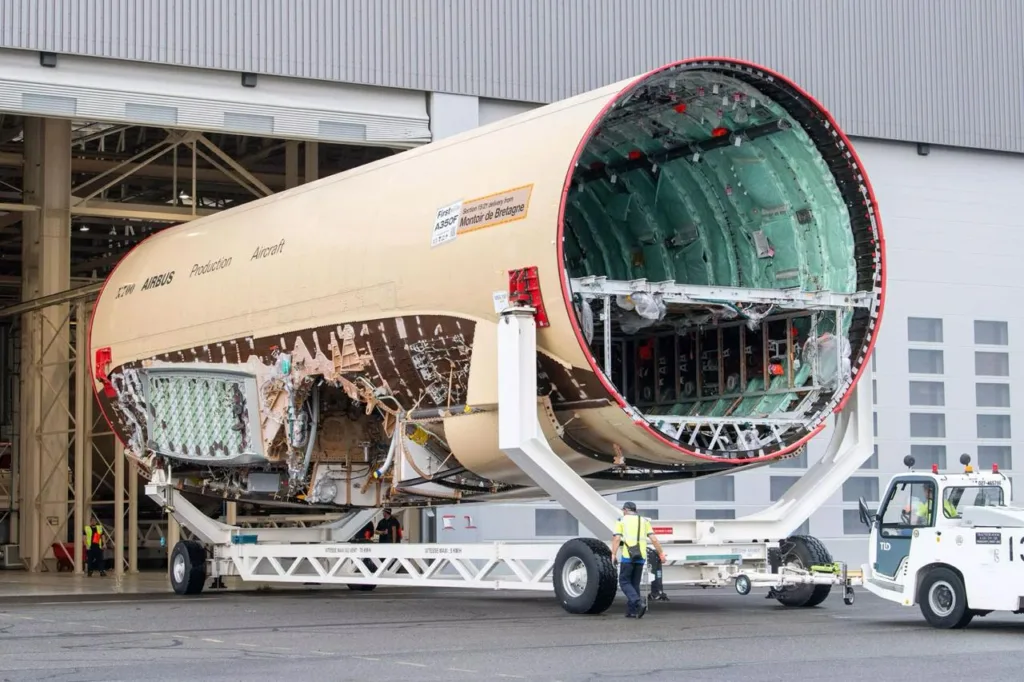
MSN700: The First Airbus A350F
MSN700, the first Airbus A350 freighter, is the prototype that will undergo assembly, testing, and certification before customer deliveries begin. Airbus is touting the A350F as the most modern and fuel-efficient freighter in its class, with the goal of replacing aging Boeing 747 and 777 freighters.
Notably, the program has already garnered orders from several major carriers, including CMA CGM, Air France-KLM, Singapore Airlines, Cathay Pacific, and Etihad Airways. With its launch customer base secure, the Airbus A350 freighter assembly is progressing on schedule towards its planned 2026 entry into service.
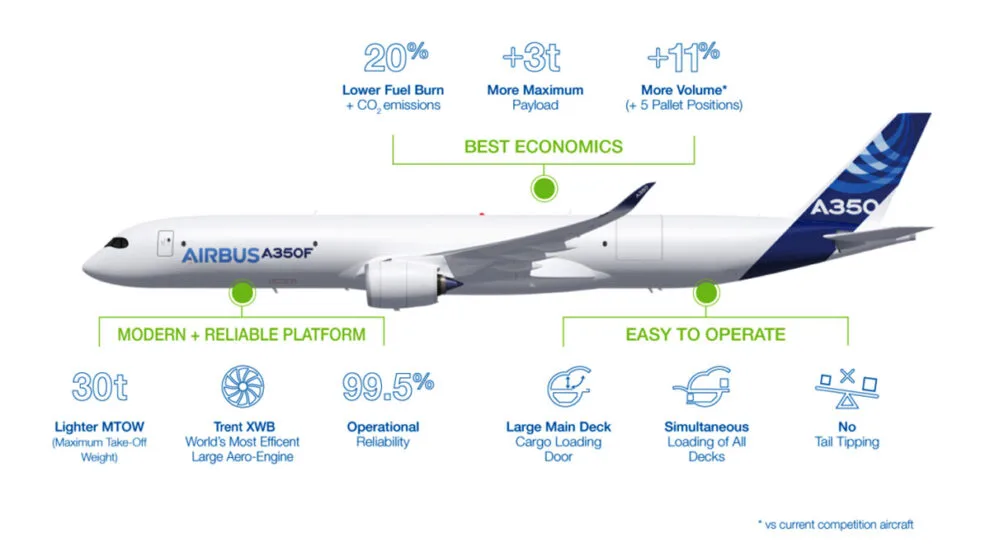
Airbus A350F Specifications
The A350F is derived from the A350-1000 passenger model but is tailored for freighter operations. Additionally, it’s carbon-fiber fuselage and fuel-efficient Rolls-Royce Trent XWB engines allow it to offer improved fuel burn, range, and payload capacity over conventional freighters.
Key Specifications of the Airbus A350F include:
- Length: ~70.8 meters (based on A350-1000 fuselage)
- Payload Capacity: 111 tonnes
- Range: 8,700 km (4,700 nm) with full payload
- Fuselage Material: 70% advanced composites, titanium, and new-generation aluminum alloys
- Engines: Rolls-Royce Trent XWB-97 turbofans
- Main Deck Volume: Over 30 pallets, cargo containers optimized
- Certification Target: 2026
This performance would position the A350F in direct competition with Boeing’s 777F and future 777-8F while offering operators lower fuel burn and compliance with upcoming ICAO CO₂ emissions standards.
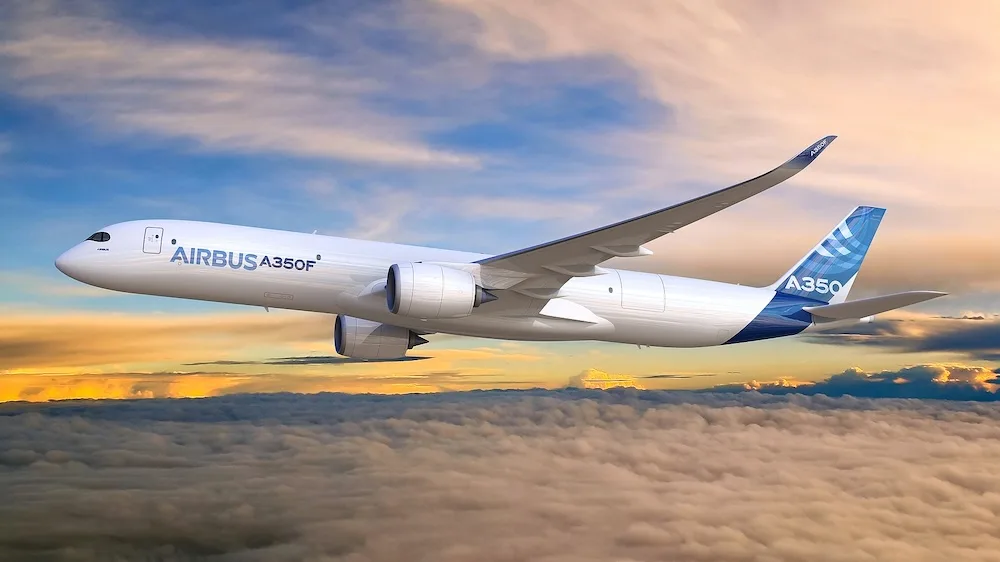
Competitive Significance for Airbus
The Airbus A350 Freighter Assembly is not only an industrial milestone, but also a strategic play to secure a portion of the freighter market dominated by Boeing. As the industry expects demand for over 900 new freighters in the next 20 years, Airbus’ entry comes at an opportune time.
Moreover, Airbus’s choice to capitalize on the established A350 platform enables the A350F to achieve both efficiency and sustainability goals, making it attractive to airlines and freight operators confronting higher fuel prices and increasingly stringent environmental regulations.
The plane’s composite-rich design is lighter in weight while being more durable, giving it a clear edge over legacy freighter models.
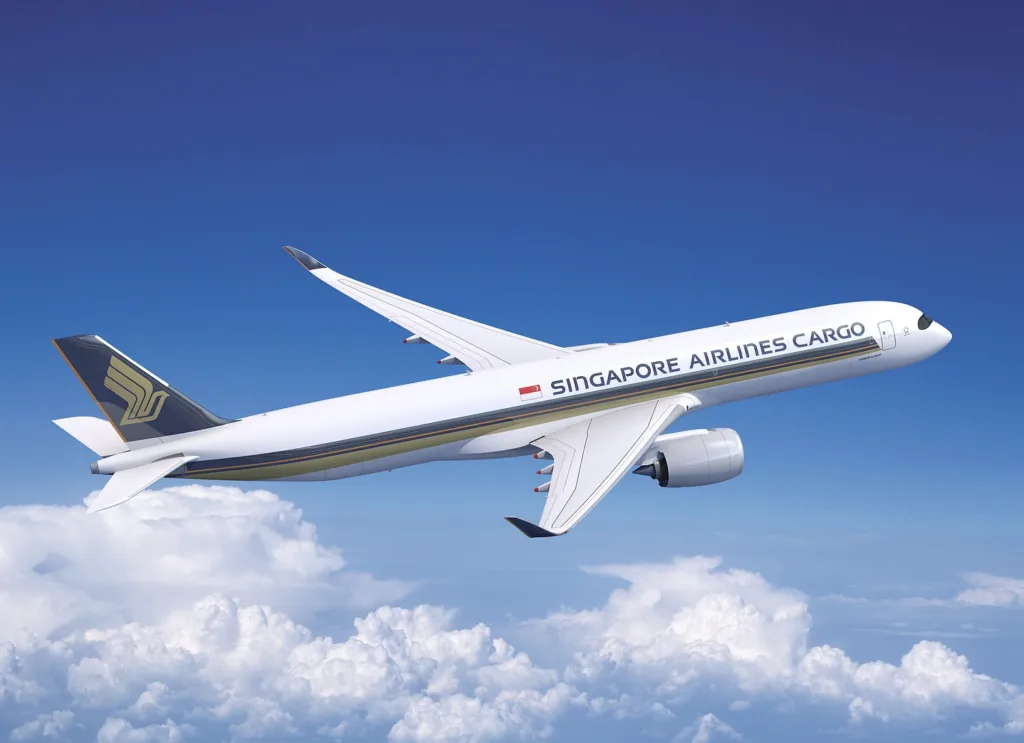
Outlook for the A350F Program
The next steps for MSN700 includes full fuselage integration, wing join, systems installation, and roll-out for ground and flight testing. With several major carriers already committed, the Airbus A350 Freighter Assembly program is gaining momentum as Toulouse transitions from early sections to a complete aircraft.
By the time the A350F enters service, it will be the first large freighter to debut in decades, reshaping competition in the global cargo aircraft market. For Airbus, this milestone is not just an engineering victory, but a long-term play in one of aviation’s most lucrative segments.
Please join our Telegram Channel for the latest aviation updates.

